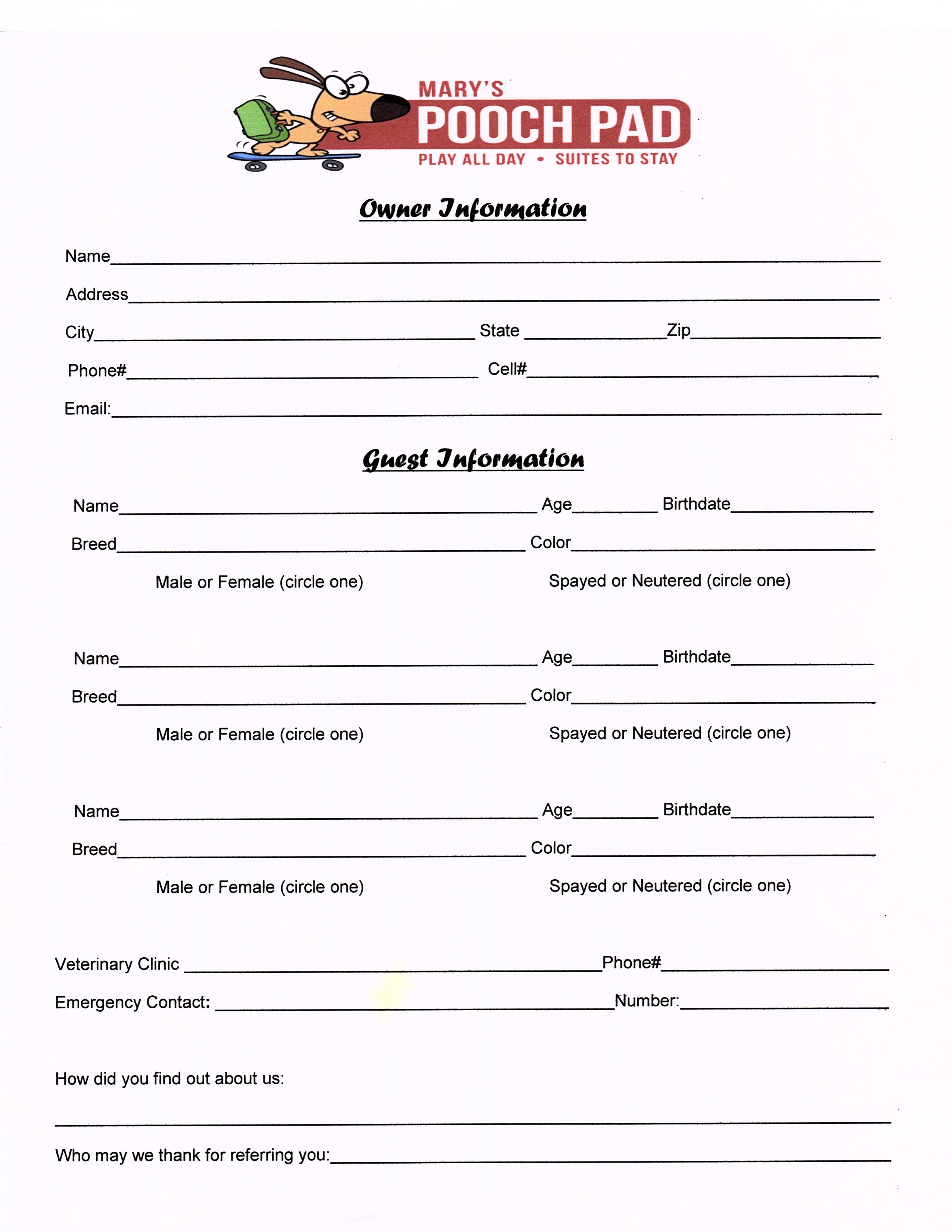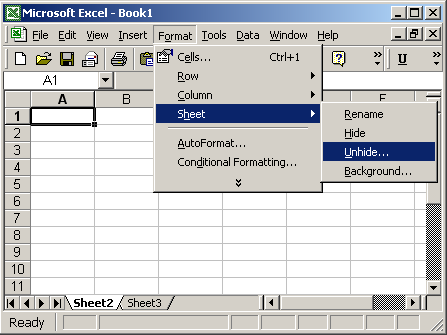5 Essential Tax Documents You Must Keep
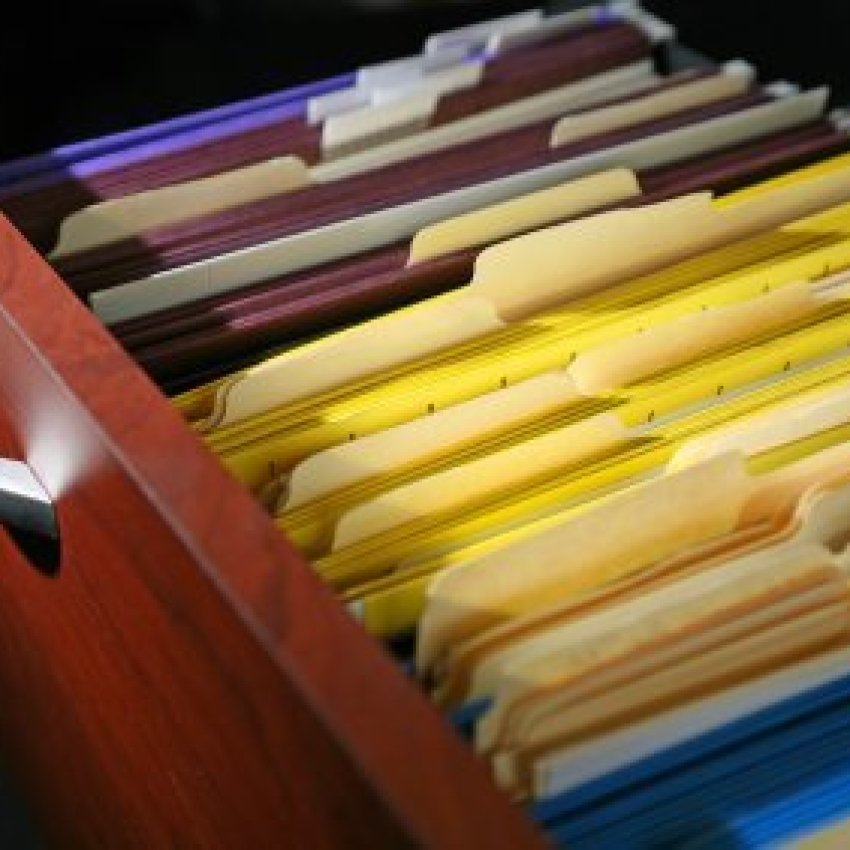
The filing season for your income tax return is here, and organizing your financial documentation can sometimes be a daunting task. However, proper record-keeping is not only crucial for a smooth filing process, but it can also help you in securing potential tax savings and during an audit. Here's a look at the 5 essential tax documents you must keep to ensure you're prepared for tax time:
1. W-2 Form


If you’re an employee, the W-2 form is the backbone of your income documentation. It outlines your total annual wages and the amount of taxes withheld from your paychecks. Here’s what to expect:
- The amount of taxable income you’ve earned during the year.
- The total federal, state, and local income taxes withheld.
- Social Security and Medicare taxes.
This document should be provided to you by your employer no later than January 31st of the new year. It’s essential for verifying your income when filing your return or when applying for a loan or credit.
2. 1099 Forms

For freelancers, contractors, or anyone earning income from sources other than regular employment, 1099 forms serve a similar purpose as the W-2. Here are the common types:
- 1099-NEC (Nonemployee Compensation): For services performed as a nonemployee.
- 1099-INT: For interest income.
- 1099-DIV: For dividends and distributions.
- 1099-MISC: For various types of income like rent, prizes, or awards.
- 1099-G: For unemployment compensation or state and local tax refunds.
These forms should be sent out by the payers before February 1st. Keep in mind that if you’ve earned over $600 from any business, they are required to send you a 1099.
3. Receipts and Invoices for Deductions

While not a form, your receipts and invoices are key when claiming deductions. Here’s what you need to keep:
| Type of Deduction | What to Keep |
|---|---|
| Business Expenses | Receipts, invoices, bank statements, credit card statements, mileage logs. |
| Charitable Donations | Receipts, acknowledgment letters, cancelled checks. |
| Medical and Dental Expenses | Invoices from doctors, medical bills, insurance statements. |
| Education Expenses | Tuition statements (1098-T), receipts for books and supplies, student loan interest statements. |
| Home Office | Utility bills, mortgage interest, and property tax statements if using the home office deduction. |
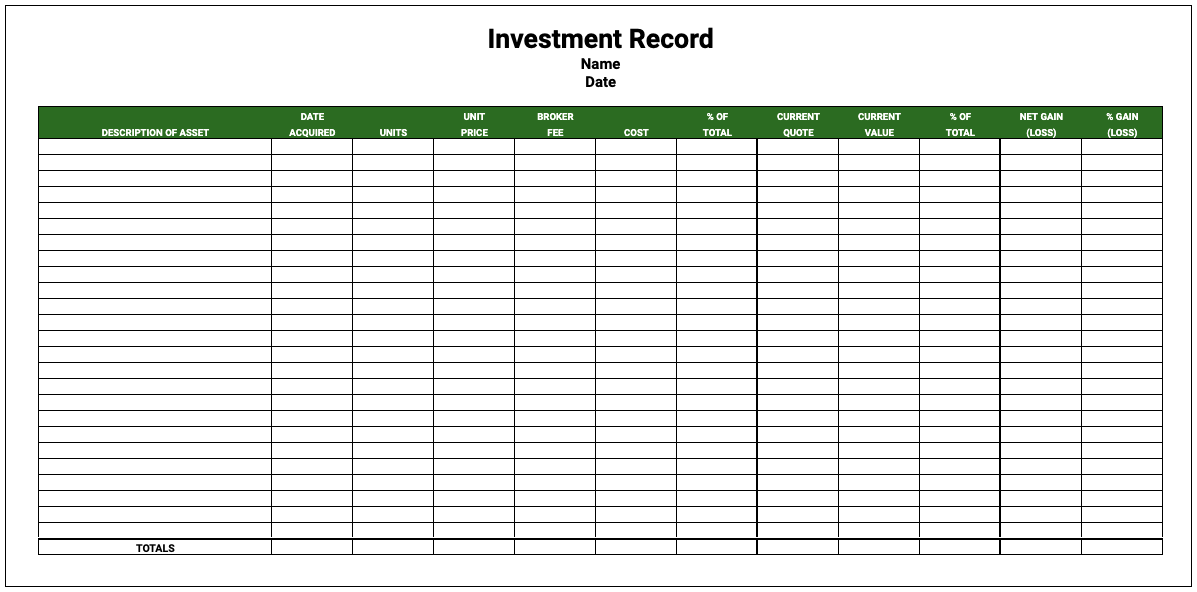
4. Bank and Investment Statements

Your bank statements serve as proof of income, especially if you have income from interest or dividends. Investment accounts might also provide information relevant for tax purposes:
- 1099-INT, 1099-DIV: For interest and dividend earnings.
- Stock trades: Proceeds and cost basis to calculate capital gains or losses.
Keep these statements at least until you reconcile your records with any 1099 forms received.
5. Records of Estimated Tax Payments

If you’re self-employed or receive income not subject to withholding, you might have to make quarterly estimated tax payments. Documenting these payments is vital:
- Payment receipts or confirmation from the IRS.
- Checks or electronic transfer records to verify your payment amounts and dates.
Ensuring you have these records can save you from penalties for underpayment.
💡 Note: Maintain these records for at least 3 years after the date you filed your return. For certain circumstances, like in case of fraud, you might need to keep them longer.
In summary, managing these key tax documents can streamline your tax preparation, ensure you're taking advantage of all available deductions, and protect you during potential audits. By keeping well-organized records, not only do you simplify your tax filing process, but you also position yourself better in any interactions with tax authorities. Remember, your financial records are not just for tax season; they're also invaluable for financial planning and maintaining a clear picture of your fiscal health.
How long do I need to keep my tax records?

+
The IRS typically suggests keeping tax records for three years after filing your return, or longer if you omit a significant amount of income. However, if you claim a loss from worthless securities or bad debt deduction, you might need to keep these records for seven years.
What should I do if I receive a 1099 form after already filing my taxes?

+
If you receive a 1099 after filing, you must file an amended return (Form 1040X) to include this new income. This ensures you’ve reported all your income accurately.
Can I use bank and credit card statements instead of physical receipts for tax deductions?
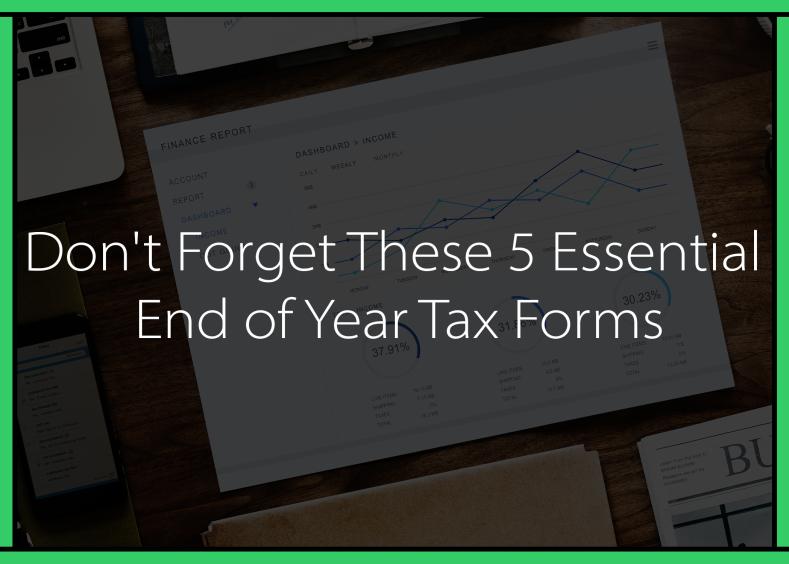
+
Yes, you can use bank and credit card statements to substantiate deductions. However, you might need to provide more details about the transaction, especially if audited.
Do I need to keep my records if my accountant is preparing my taxes?

+
Yes, you’re still responsible for keeping all your tax documents. Your accountant may need access to these records for filing your return or during an audit.
What should I do if I lose an important tax document?
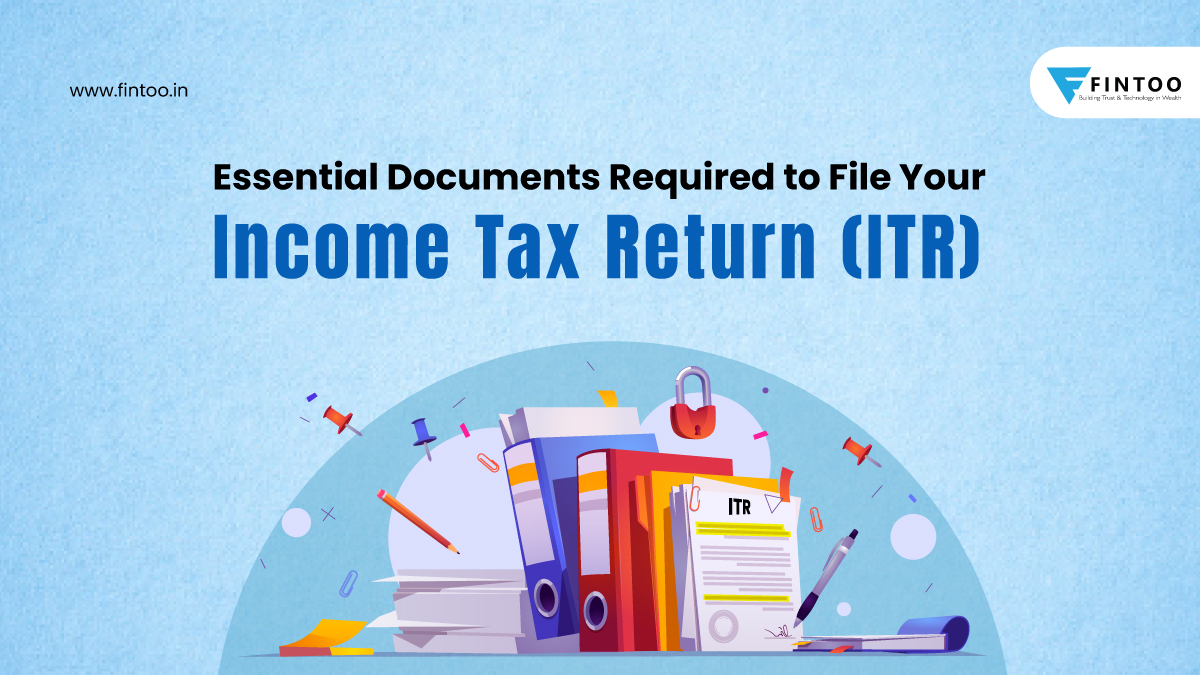
+
Contact the entity that issued the document, whether it’s your employer, bank, or IRS, to request a replacement. If it’s too late or impossible, gather evidence from other financial records to support your claim.
